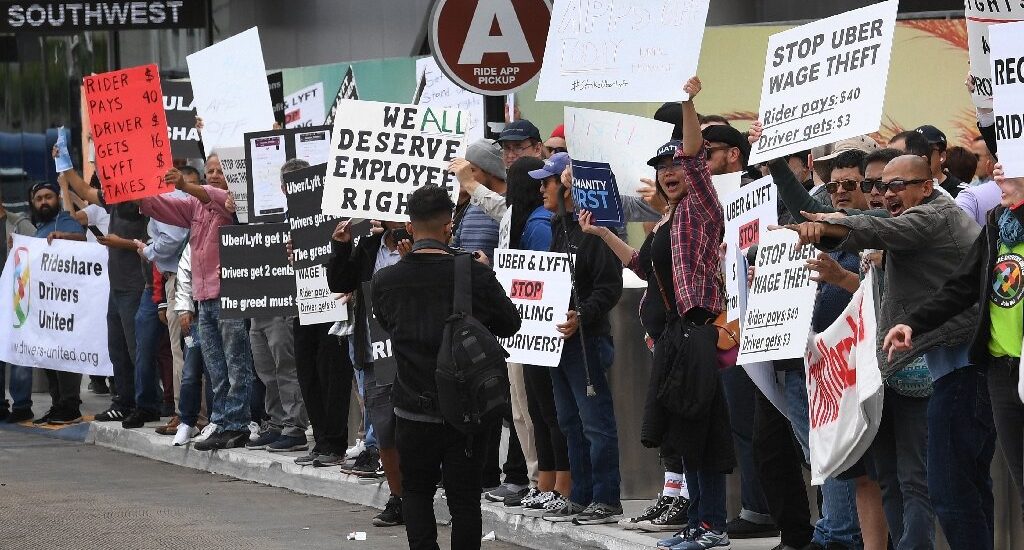
KJIPUKTUK (Halifax) – We are responding to the latest idea by the province’s Tories on the notion of ride-sharing. The concept of promoting ride-sharing needs some clear thought. We need to ask – what’s required to be a ride-sharing partner? It’s much deeper than a change in the class of a driver’s license, criminal record checks and training on safety, conflict resolution and diversity. Just because others are doing it doesn’t mean it’s not riddled with complex issues and problems.
Politicians seem to neglect or not think about workers’ rights when these corporate-driven ideas crop up in the Gig Economy. A partner is what the larger ride-sharing companies call those who hire out their vehicles in such ventures, all to avoid paying benefits. Issuing licenses to an independent person through those national ride-sharing companies needs more thought. They must, at the very least, comply with labour laws, and that’s often not the history around the globe as these ride-sharing app-based services pop up all over. The so-called Gig-Economy transition means our politicians must ensure good worker protections.
Those making the laws, our elected politicians, need to ensure drivers have minimum labour protections. Maybe it’s time for the Federal government to include a new law to have essential worker protection in the sector, and to also to improve provincial requirements to protect workers. A federal law would ensure a consistent playing field to protect the workers in the Gig Economy across the board.
We agree that people want safe and accessible transit options, and they also want to know that the workers providing those services are treated fairly. When such companies misclassify workers as independent contractors rather than employees, workers lose access to fundamental employment rights. We already have too many workers exempted from labour laws in NS. We also need to ensure workers can unionize, access at least a minimum wage, vacation pay, and are covered by WCB to name but a few.
We see lots of news stories from all over the world where governments are scrambling to fix problems with unregulated ride-hailing companies. California recently passed legislation to combat the misclassification of ride-hailing and other gig-economy workers, giving them access to minimum wages and other labour protections.
These multinational companies like Uber and Lyft have a responsibility to treat their workers fairly. Our government also holds a responsibility to ensure all workers are protected. That public safety is paramount and that these ride-sharing companies follow the same rules of public transportation that taxis, public transportation services, and other such transport services must follow. It’s not that I am against ride-hailing, but we will continue to stand up for workers/drivers. We call on government and the provincial Tories to get data on the good, the bad and the ugly of ride-sharing.
Political decisions need to be made on evidence-based facts. Public safety is paramount, as is ensuring workers get treated fairly. Many other issues will also undoubtedly get exposed when moving toward a rider-based app service. Let’s think about how such corporations skim a share off the top – how that skimming isn’t helping with our revenue-generating problems in our province or country. That is compared to more locally owned transportation services, which provide more revenue to local government.
It’s a large complex issue for sure. What seems like a simple solution, often brings much more to consider. It’s time for some critical thinking. In my opinion, we can fix things by thinking more locally rather than just jumping to more corporate-controlled services like ride-sharing and moving toward the Gig Economy.
Danny Cavanagh is president of the Nova Scotia Federation of Labour
With a special thanks to our generous donors who make publication of the Nova Scotia Advocate possible.
Subscribe to the Nova Scotia Advocate weekly digest and never miss an article again. It’s free!



